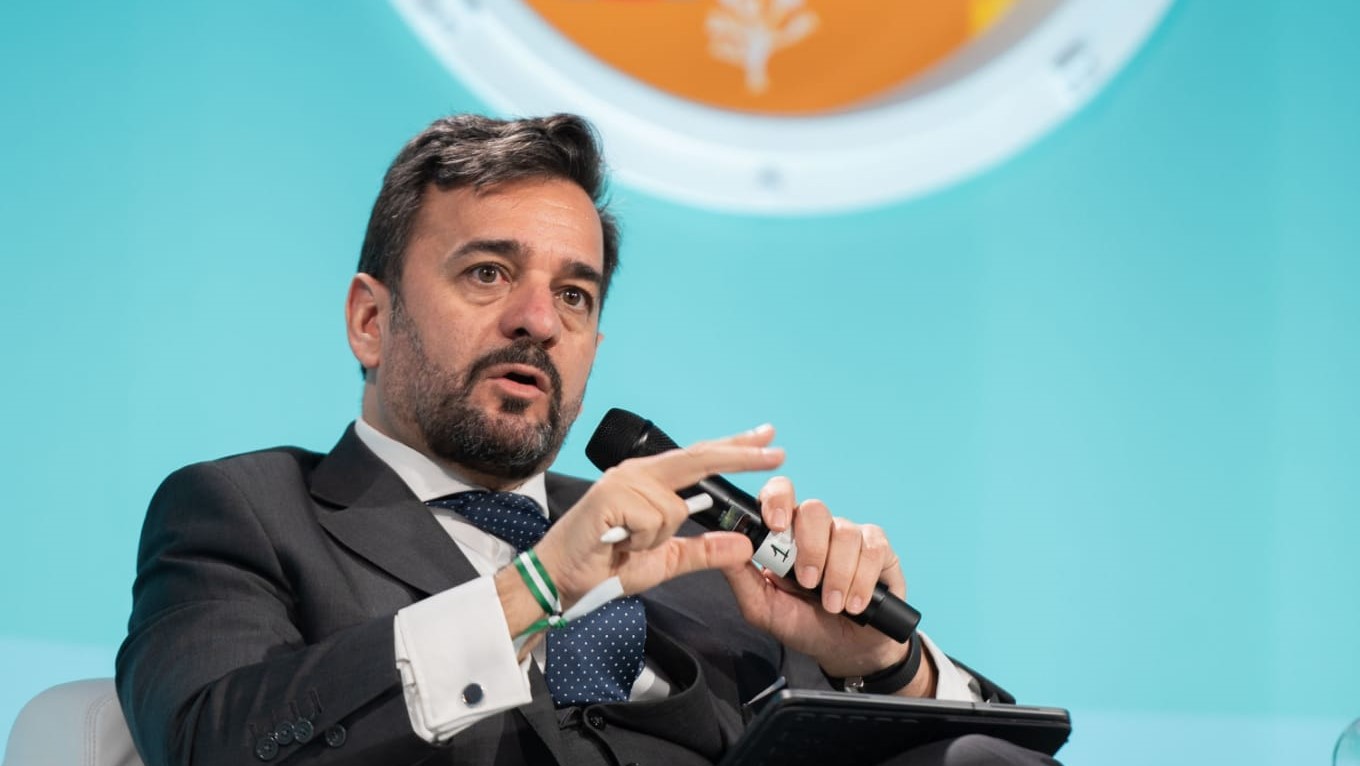
NECSTouR presidency shares our priorities during the 2nd European Cruise Dialogue
-
01/03/2022
On March 1st, 2022, the Directorate General for Maritime Affaires and Fisheries (DG MARE) organised the 2nd European Cruise Dialogue in Brussels. NECSTouR took part in the event through our president to share our priorities for sustainable cruise tourism management.
Our president Manuel Alejandro Cardenete from the Andalusian Region was invited to represent NECSTouR in this dialogue.
NECSTouR cooperation on cruise tourism is built around four priorities
- Ensuring diversity and adequacy of the tourism offer for cruise tourists in destinations.
- Improving port/city relations, the cruise industry's contribution to the local economy and fostering links to local authorities and stakeholders.
- Destination management: ensuring appropriate facilities and connections to welcome cruise tourists without jeopardizing local inhabitants.
- The benefits and challenges of joint regional promotion, branding and marketing.
Tim Fairhurst, ETOA, was moderating the first roundtable on destination management and Sustainable Tourism management. The well-being of citizens was mentioned several times by the other panellists from Cruise Line International Associations, the Global Sustainable Tourism Council, and amsterdam&partners. It was the occasion to mention the principles of the Barcelona Declaration : “Better Places to Live, Better Places to Visit” to reconcile the demands of the tourism industry and the needs of the local communities.
With their strong commitment to achieve a sustainable and inclusive tourism, including in the cruise sector, NECSTouR regions are developing regional policies and solutions to face these challenges said our president
NECSTouR Knowledge Hub will soon welcome that good practices gathered in view of the NECSTouR participation to that workshop to learn from each others:
- Andalucia Region (integrating cruise tourism in their regional tourism strategy since 2015).
- Basquetour (with regional initiatives to encourage cooperation between the cruise operators and public authorities)
- Danish West Coast Partnership (comprehensive report on Hvide Sande harbour exploitation for Cruise Tourism activities)
- Liguria (Overview of the Cruise ports of Liguria)
- Murcia (Good practices for the management and integration of Cruise Tourism)
- South Sweden (Regional view on Cruise Tourism in the Baltic Sea)
- Visit Flanders ("Study on the characteristics and impact of cruise tourism in Flanders")
- Visit Scotland ("Cruise Tourism in Scotland: Review and Sustainable Development Opportunities")
NECSTouR recommendations on Cruise Tourism
- Planning: Full integration of the port in the city, establishing a direct relation between the port authorities and the regional local managing authorities, fostering links between local stakeholders and the cruise industry to contribute to the local economy.
- Performance monitoring: Andalucía and several other Regions of NECSTouR have a strategic planning for cruise tourism.
- Measurement for policy-decision making: through the Tourism of Tomorrow Lab
A resilient industry
With the heavy context transforming the message of the day, the conference was introduced by Carmen Preising from the Cabinet of Virginijus Sinkevicius, commissioner for Environment, Oceans and Fisheries. With the first cruise dialogue organised in 2015, the second edition aimed to set resilience for Sustainable Tourism, including cruise destination management. The results will feed the upcoming European Tourism Agenda for 2030.
Claudia Monteiro de Aguiar, MEP, was confident cruise stakeholders can contribute on the carbon neutrality by 2050 and highlighted the economic impact of the suspension of cruises on the sector (with an emphasis on the SMEs). “There is no Green, Blue and Digital Transition without your industry”, the MEP thinks EU Parliament has key role to play.
The representatives of the cruise industry (CLIA, ESPO) addressed their challenges after the last crisis and during the current one. Eduardo Santander (European Tourism Commission) wanted to emphasis on the impacts of the war on the EU Tourism ecosystem: "We’re right into the next crisis, but our role is to shape a peaceful future. Travel is the catalyst of peace and freedom". But the star of the event was the deputy mayor of Dubrovnik, Jelka Tepsic, already mentioned twice after just an hour of conference, with their long-term strategy “Respect the City” to fight against overcrowding, in collaboration with the industry.